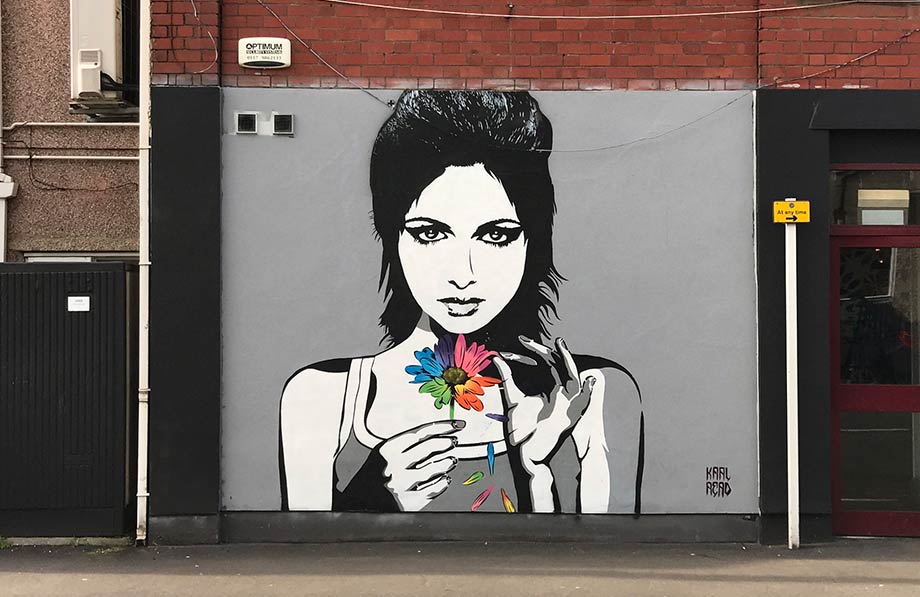Bristol’s creative industries give the city a strong starting point for taking the city global post-Brexit. But it will need support to succeed.

Street art in Southville Bristol. Heather Cowper/Flickr. (CC 2.0 by-nc)
Brexit is framed as both a threat and an opportunity – the loss of the EU market and the free flow of talent against the chance to work across the whole world. The creative industries already work globally – our music, films, TV, design and digital products and services are renowned. We also benefit from the free flow of talent – up to 50% EU citizens in sectors like visual effects – and investment from European cultural programmes. And, of course, Europe is a huge market and English remains the key language of the industry.
Combined with the devolution of powers within the UK, this has created a matrix of changes which all reinforce one thing – we’re heading for “the City and the World”. As a biologist with 30 years experience in factual TV, this resonates with basic ecology, which I believe provides the philosophy to deal with complexity and develop the right response to the coming change.
Creativity is a very human industry, in production and consumption. The energy within the ecosystem comes from individuals with talent, and there are skills shortages. We need to be able to draw on a wide range of talent, and ensure the Tier 2 visa arrangement aligns to needs – currently they are too restrictive in the definition of ability and salary level required. The industry exists predominantly as a collection of microbusinesses, and we do not have the capacity to sponsor individuals in visa applications.
Continue reading


